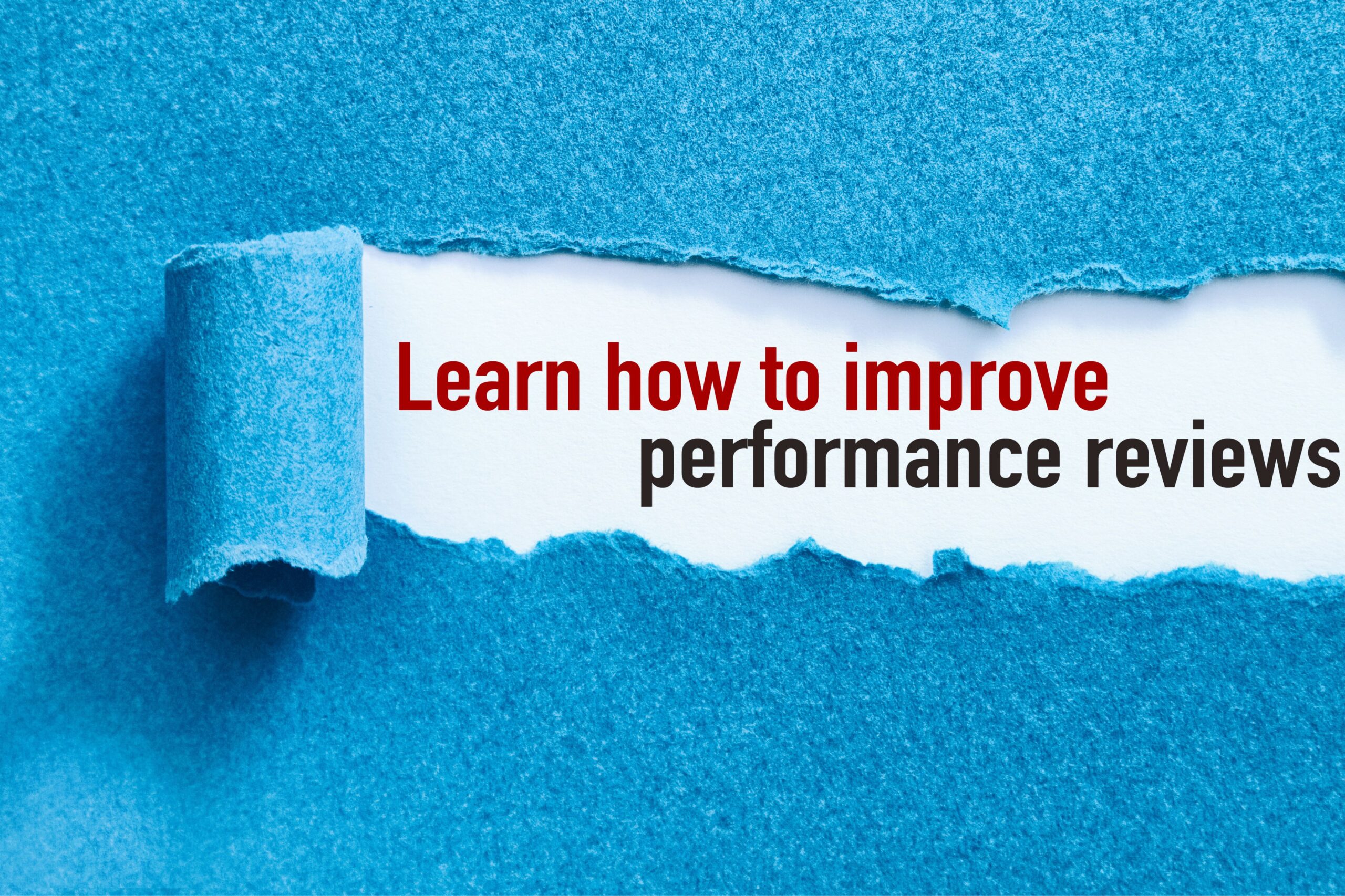
Mastering Performance Reviews: 7 Strategies for a Productive Evaluation Session
Performance reviews can be a nerve-wrecking experience for both managers and employees, but they don’t have to be. With the right approach, these sessions can become valuable opportunities for growth and improvement. Here are seven strategies to ensure your next performance review is productive and positive.
- Prepare in Advance: Don’t wait until the last minute to gather your thoughts. Review past performance, set clear objectives, and gather specific examples of achievements and areas needing improvement. This preparation sets a solid foundation for a meaningful discussion.
- Create a Comfortable Environment: The setting of your performance review can significantly impact its outcome. Choose a quiet, neutral space free from distractions. This helps both parties feel at ease and focused on the conversation.
- Set Clear Expectations: At the beginning of the session, outline the agenda and goals. This transparency helps manage expectations and ensures that both parties are on the same page regarding the review’s purpose and structure.
- Use Constructive Feedback: Focus on providing balanced feedback. Highlight strengths and achievements, but also discuss areas for improvement. Use specific examples to illustrate points and offer suggestions or resources for development.
- Encourage Employee Input: Performance reviews should be a two-way conversation. Invite employees to share their perspectives, self-assessments, and career aspirations. This engagement fosters a sense of ownership and commitment to their development.
- Set SMART Goals: Collaboratively set Specific, Measurable, Achievable, Relevant, and Time-bound goals. This approach ensures that objectives are clear and attainable, providing a roadmap for future performance.
- Follow Up: The review doesn’t end when the meeting does. Schedule follow-up sessions to check progress and adjust goals as needed. This ongoing support reinforces the importance of continuous development and shows that you are invested in your employees’ growth.
By implementing these strategies, performance reviews can transform from stressful obligations into empowering opportunities for development and success. Remember, the goal is not just to evaluate but to inspire and support continuous improvement.


